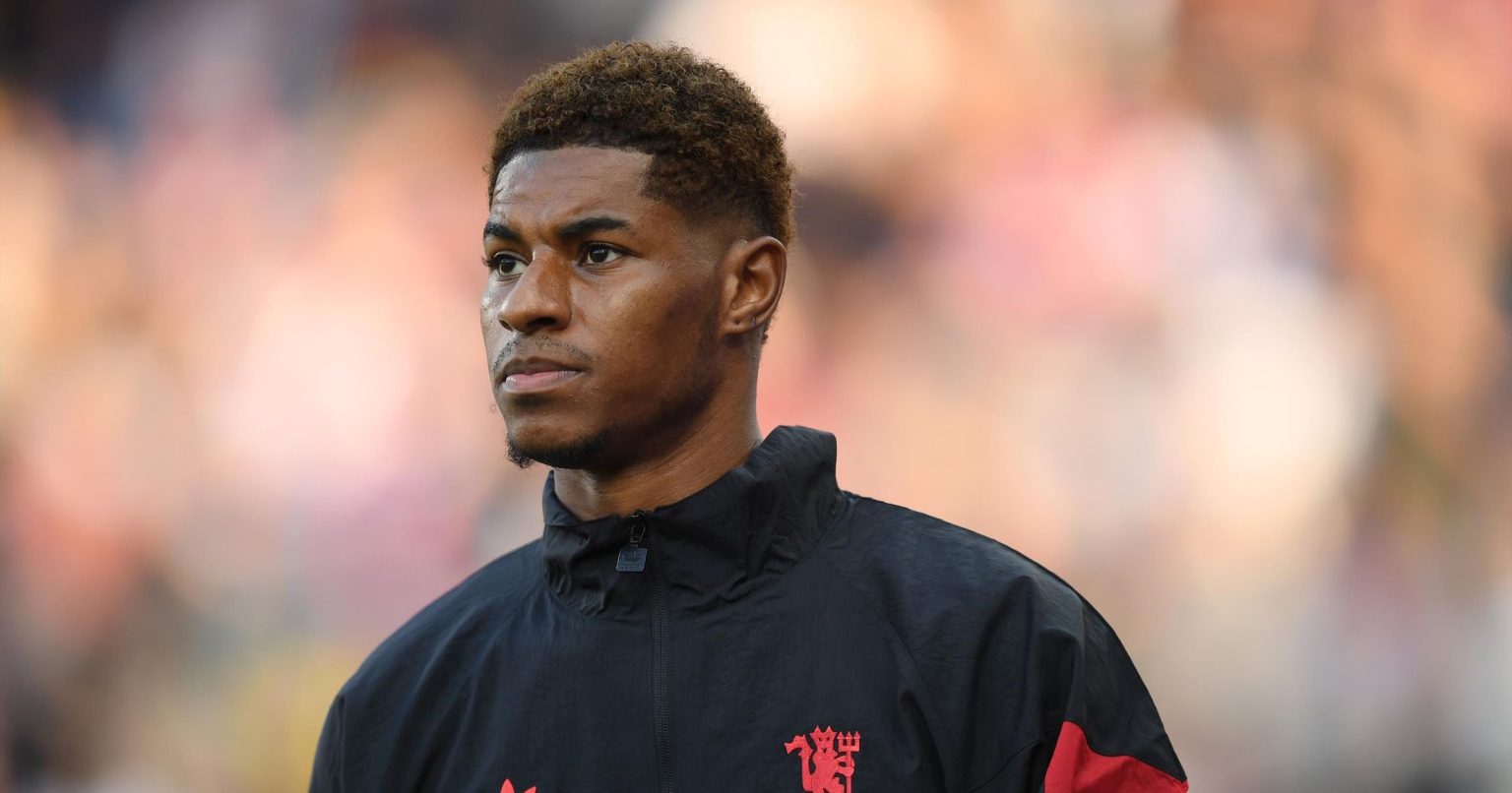Mohamed Salah’s contract saga with Liverpool Football Club has been a rollercoaster of emotions, fluctuating between uncertainty, apparent acrimony, and ultimately, reconciliation. Initial reports painted a picture of a disgruntled star feeling undervalued and unwanted by the club he had propelled to unprecedented heights. Salah’s perceived frustration stemmed from what he felt was a lack of genuine effort from Liverpool’s management to secure his long-term future. This perceived disinterest contrasted sharply with Salah’s undeniable contributions to the club’s success, fueling speculation that he might seek greener pastures and a more appreciative environment elsewhere. The narrative emphasized a growing rift between player and club, with Salah seemingly resigned to an imminent departure and Liverpool seemingly content to let their prized asset slip away.
The situation, however, took a dramatic turn in the ensuing weeks. Liverpool, perhaps spurred by the realization of the potential void Salah’s departure would create, or perhaps influenced by the growing clamor from fans and pundits alike, initiated a concerted effort to mend the fractured relationship. The club’s hierarchy, recognizing the importance of retaining their talismanic forward, embarked on a charm offensive, engaging in renewed and more substantive contract negotiations with Salah and his representatives. This change in approach signaled a shift in the power dynamics, demonstrating Liverpool’s commitment to keeping Salah at Anfield and their willingness to meet his demands, at least to a more acceptable degree. The narrative shifted from one of impending departure to one of potential reconciliation, sparking hope amongst Liverpool supporters eager to see their hero remain.
The specifics of the negotiations remain largely confidential, but reports suggest that Liverpool offered significantly improved terms, finally reflecting Salah’s worth and status within the game. The improved offer likely addressed the key sticking points of the earlier negotiations, presumably centering around salary, contract length, and perhaps even assurances regarding the club’s future ambitions and investment in the squad. Salah’s initial reticence, born out of perceived disrespect, gradually gave way to a renewed sense of appreciation and belonging. The club’s proactive approach, combined with the improved offer, effectively conveyed a message of value and respect, persuading Salah that his future indeed lay at Anfield.
This turnaround represents a significant victory for both parties. For Liverpool, it secures the continued services of one of the world’s premier footballers, a player integral to their attacking prowess and their pursuit of further silverware. Retaining Salah not only maintains the team’s competitive edge but also sends a powerful message to other key players and potential signings about the club’s ambition and commitment to success. It reinforces Liverpool’s status as a destination for top talent, a place where players are valued and rewarded for their contributions. Moreover, it appeases a fanbase deeply invested in Salah’s continued presence, avoiding the potential backlash and discontent that would have inevitably followed his departure.
For Salah, the new contract represents validation of his exceptional performances and solidifies his position as one of the highest-paid players in the Premier League. It provides him with the financial security and recognition commensurate with his status as a global football icon. Furthermore, it allows him to continue playing at a club where he has flourished, surrounded by teammates with whom he has built a strong rapport and in front of a fanbase that adores him. Remaining at Liverpool offers him the stability and familiarity crucial for sustained success, enabling him to continue adding to his already impressive legacy.
The saga ultimately underscores the importance of communication and mutual respect in player-club relationships. While initial misunderstandings and perceived slights threatened to derail negotiations, the eventual willingness of both parties to engage in constructive dialogue paved the way for a positive resolution. Liverpool’s proactive approach and improved offer demonstrated their commitment to retaining Salah, while Salah’s receptiveness to the renewed negotiations signaled his desire to remain at Anfield. The successful conclusion of the contract saga serves as a testament to the power of open communication and the mutual benefits that can be achieved when both player and club prioritize a shared vision of success. It reinforces the notion that even seemingly insurmountable differences can be overcome when both sides are willing to find common ground.

